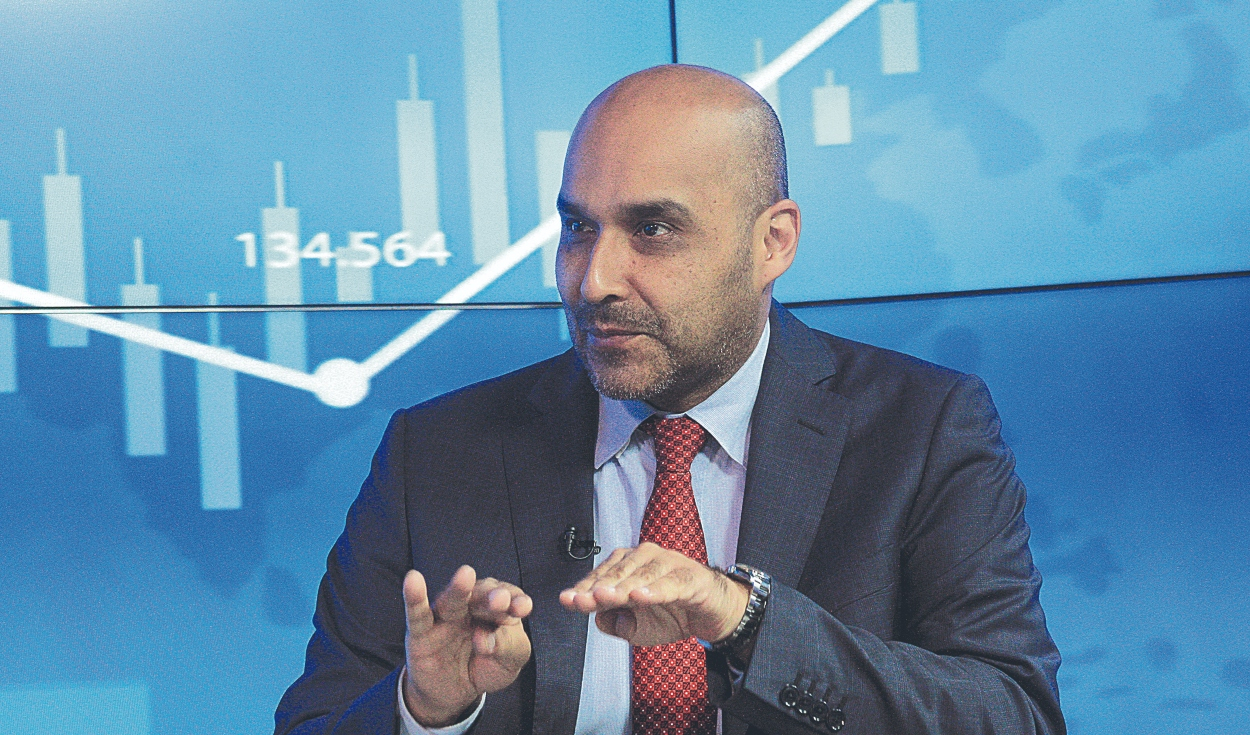
The debate on pension reform, promoted by Congress and the Executive, has been widely resisted not because of the need to offer better pensions and include more contributors, but because of insisting on extraordinary withdrawals. ESAN professor Jorge Guillén hopes it will be approved this week, despite his flaws.
—Congress has presented an opinion with almost 70 projects, in which another withdrawal is being pushed. As drafted, will it help improve the SNP we currently have?
-I do not think so. The bad thing about this situation is that previous Congresses have done the same thing at some point, I have even given talks to show the consequences, such as the withdrawal of funds, for a future pension and about the contribution that goes to the AFPs and the economy in general. his set. In reality, they have always been told not to do that, because there are people who have little and want to get out. Perhaps a limit can be set for some cases, but in others it could definitely affect a future pension.
—Proponents of the withdrawal point out that it could reactivate consumption
—That wouldn’t be real either. Another withdrawal, the seventh, would generate nothing, no impact on consumption. We are talking about a population that is not vulnerable, so withdrawing to, for example, pay a mortgage loan, does nothing to eradicate poverty.
—Is it likely, then, that the new document will be approved this week?
—Yes, the most likely thing is that it will be approved and with this new withdrawal, which is contradictory, since a reform is being carried out that does not completely favor the system. Congress always seeks political profitability, and in general they mortgage and sacrifice much of our future. It is a situation that does not help at all, since it should be SBS or MEF who carries out the reform. However, probably the private sector or the AFP Association can try to find some type of mechanism. [para observarla].
—The world is also pointing towards a mixed system, not just AFP or ONP.
-That’s how it is. We must take into account that the ONP scheme is unsustainable in today’s world. Even in China they are trying to promote the second child, it is a demographic effect. Closer, for example, is Chile, where they are migrating and there is no ONP, but there is something similar to the AFP that works in our country with a pillar of solidarity.
—This opinion also proposes contributions from independents or automatic membership from 18 years of age.
-Yeah. It was necessary to bring the issue to the table. These are reforms where the issue of independents and young people is being addressed, with seed capital and the issue of contributions through VAT for pension payments. These are issues that are being debated, such as seed capital, and it would be good to do a simulation of the case. When you propose an economic policy, you have to do a simulation, but that has to be done by the Executive Branch and not just Congress.
—There was even talk of a double pension, after 20 years of contributions to ONP and moving to AFP.
—It is a bit ethereal to guarantee a double pension. First, on the AFP side you must have contributions and, on the ONP side, the State is not going to take it out of its own pocket, because it is money that goes to a fund. It’s a little populist, but that’s how it’s going to be written.
Source: Larepublica
Alia is a professional author and journalist, working at 247 news agency. She writes on various topics from economy news to general interest pieces, providing readers with relevant and informative content. With years of experience, she brings a unique perspective and in-depth analysis to her work.












